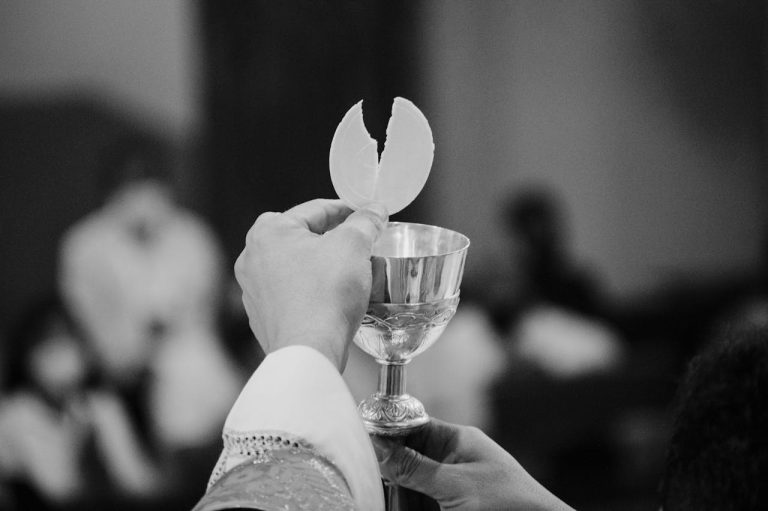Criticizing The Church. Enlightened people make careers of mocking, maligning, insulting, and undermining The Roman Catholic Church. Some begin with a focus on the fact that there are no women priests. That’s a sure-fire appeal to a subset of worldly elitists, particularly those who hide their own inferiorities behind the smokescreen of “equality”.
After describing The Church’s hierarchy and liturgies as “ritualized sexism” and similarly uncomplimentary terms, they’re sure to remind people that The Church needs to be more “progressive”. Some will drone on about how She is “so enslaved to tradition” that She “cannot possibly relate” to the needs of “we who live in our times”. Some people never grow tired of saying, writing, hearing, and reading such things.
As often as possible, critics tell people that “God, if there is one, would be embarrassed by The Church’s exclusionary practices.” That opens the door to further criticisms of The Church’s teachings, such as that sex outside of lawful marriage is against God’s will. Her critics have the immediate sympathy of everyone involved in such relationships.
Many critics enjoy explaining that virtually all who are associated with The Church have become “repressed” in some way or another, and announce solemnly that “such repression cannot help but lead to even more wrongdoing.” As often as possible, many will quote Freud on such subjects. Few of them bother themselves with reading and memorizing bits of Freud’s endless works. They simply say whatever makes their case, preceding it with “Wasn’t it Freud who said . . . . . .” and follow that introduction with whatever clever words they think fit the situation. Since no one can actually stand to read much of Freud, it’s highly unlikely that their quotes and conclusions are ever questioned, let alone discovered to be base lies.
Those criticizing The Church are careful not to mention any pesky ideas about the prophets having predicted the coming of Christ in very specific ways hundreds and thousands of years before His arrival. They may call such ideas “interesting coincidences”, but dismiss them as “primitive” and “out of touch with modern needs”.
Miracles, despite the fact that they are often very well verified, are ascribed to “mass hysteria”. All feelings of joy that Christians may claim to have are described as “delusional”.
On rare occasions, critics may run into a believer who will not accept their criticisms. Such believers may boldly tell the enlightened critic that he, she, or it, to describe a growing number of anti-Catholics in one trans-gender subset or another, is a simple tool of their glands, illicit desires, uncontrollable vanity, mindless fad-meisters, or the state. They may inform the critic that before he rejected God, he was rejected by Him because God doesn’t like arrogant know-it-alls in general and has no use for that particular critic, as he/she/it now is, in particular. Then, a believer may say, right to the critic’s face, “The only way you can save your soul is to ask God to forgive you for having been so hurtful to Him and your neighbors.” They may add: “Now it is, you must admit, very unlikely that a person as vain as you would ever do that.”
Anti-Catholics know that it is never good to argue with actual believers. First of all, it’s impossible to prove that they’re wrong. Secondly, when they meet a real defender of the faith, they may start to ponder spiritual realities, like salvation’s eternal joy. Worse, they may stop and consider the possibility that each of them may have an immortal soul that can only attain the everlasting, total happiness they’re always criticizing by believing and obeying The Church’s rules and regulations for drawing near to The Loving Programmer.
The most hard-hearted critics of The Church tend to stay away from those who will boldly defend the Christian faith. In places like Cuba and Iran, Christian apologists are often shot or jailed, solutions that those most distant from God would like to see implemented everywhere.








